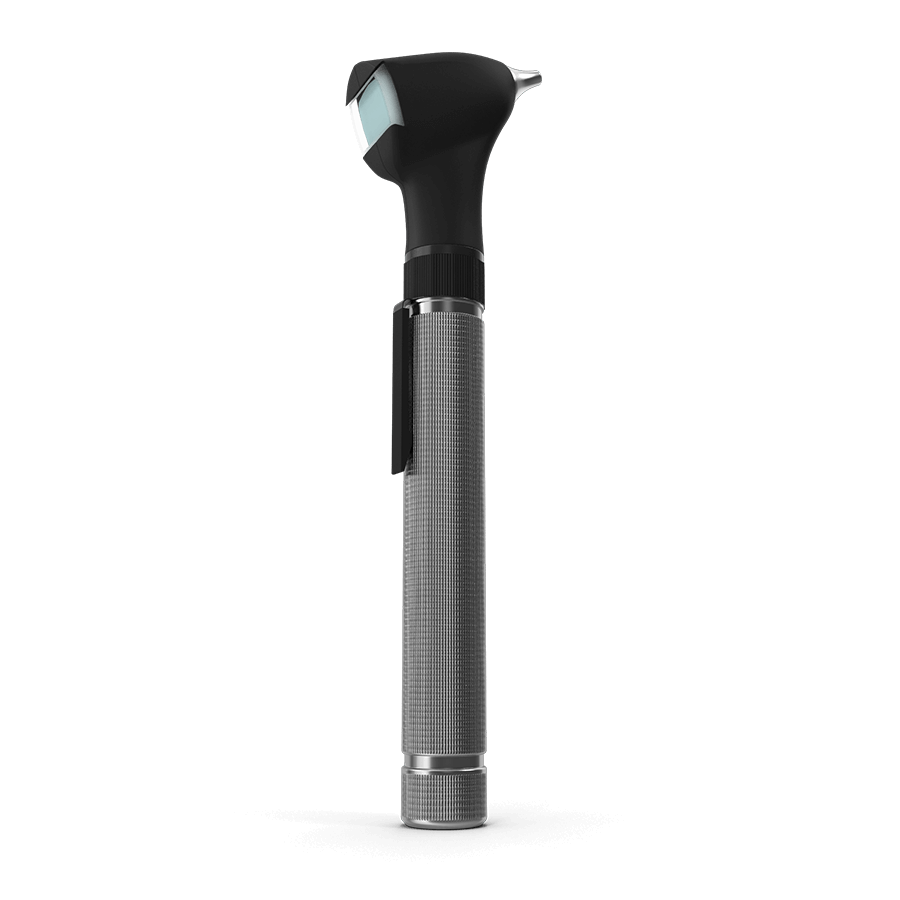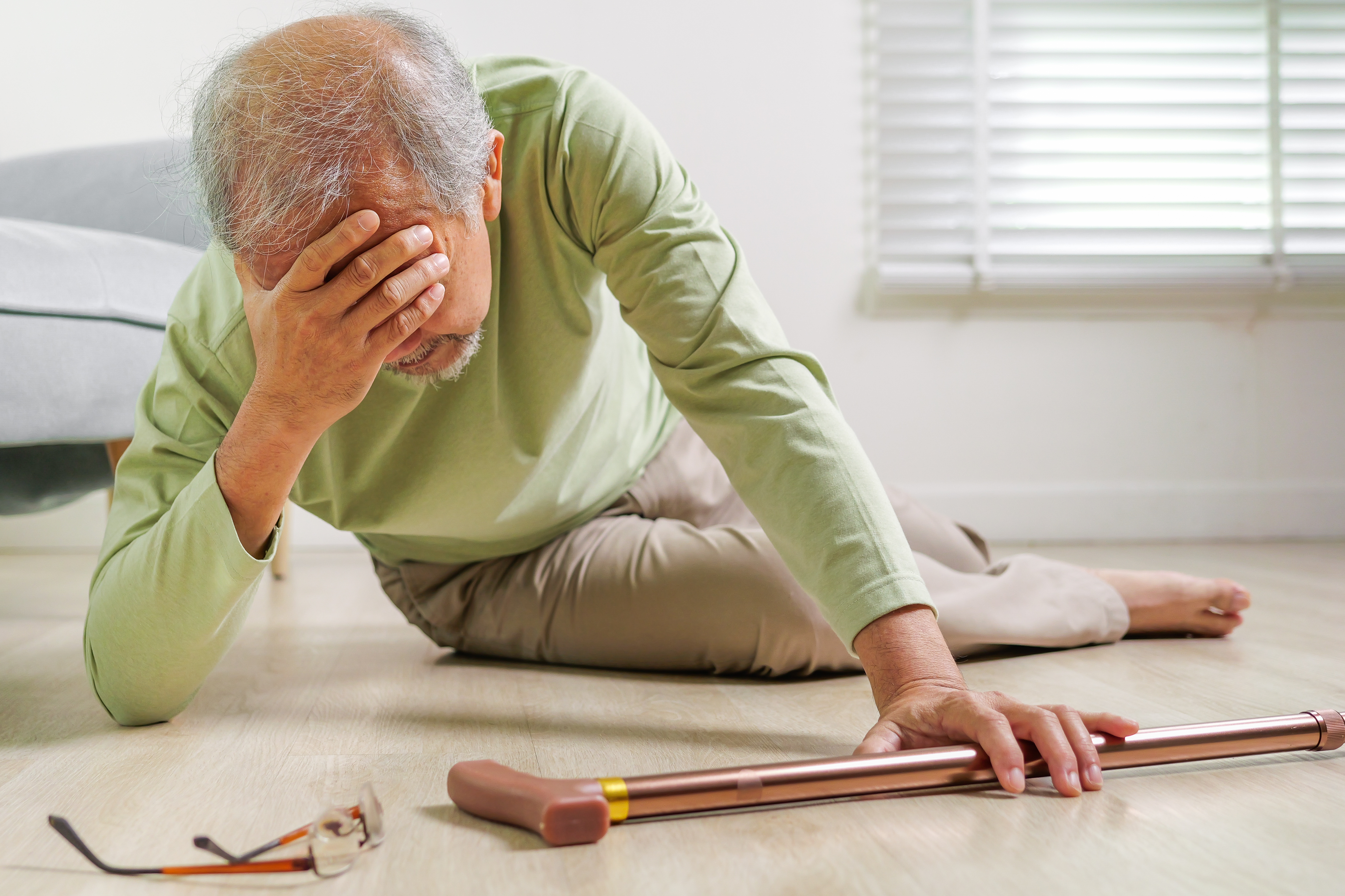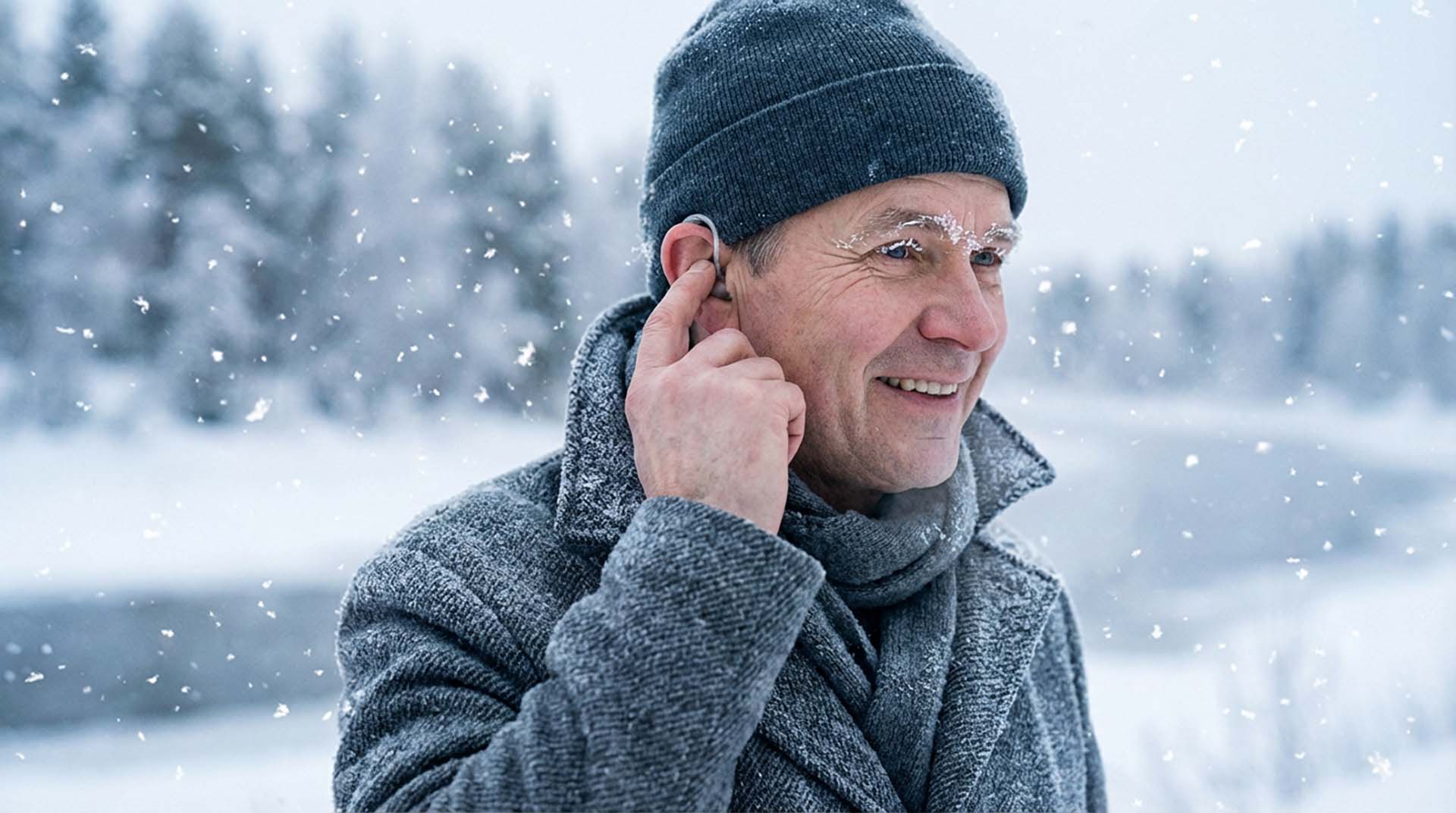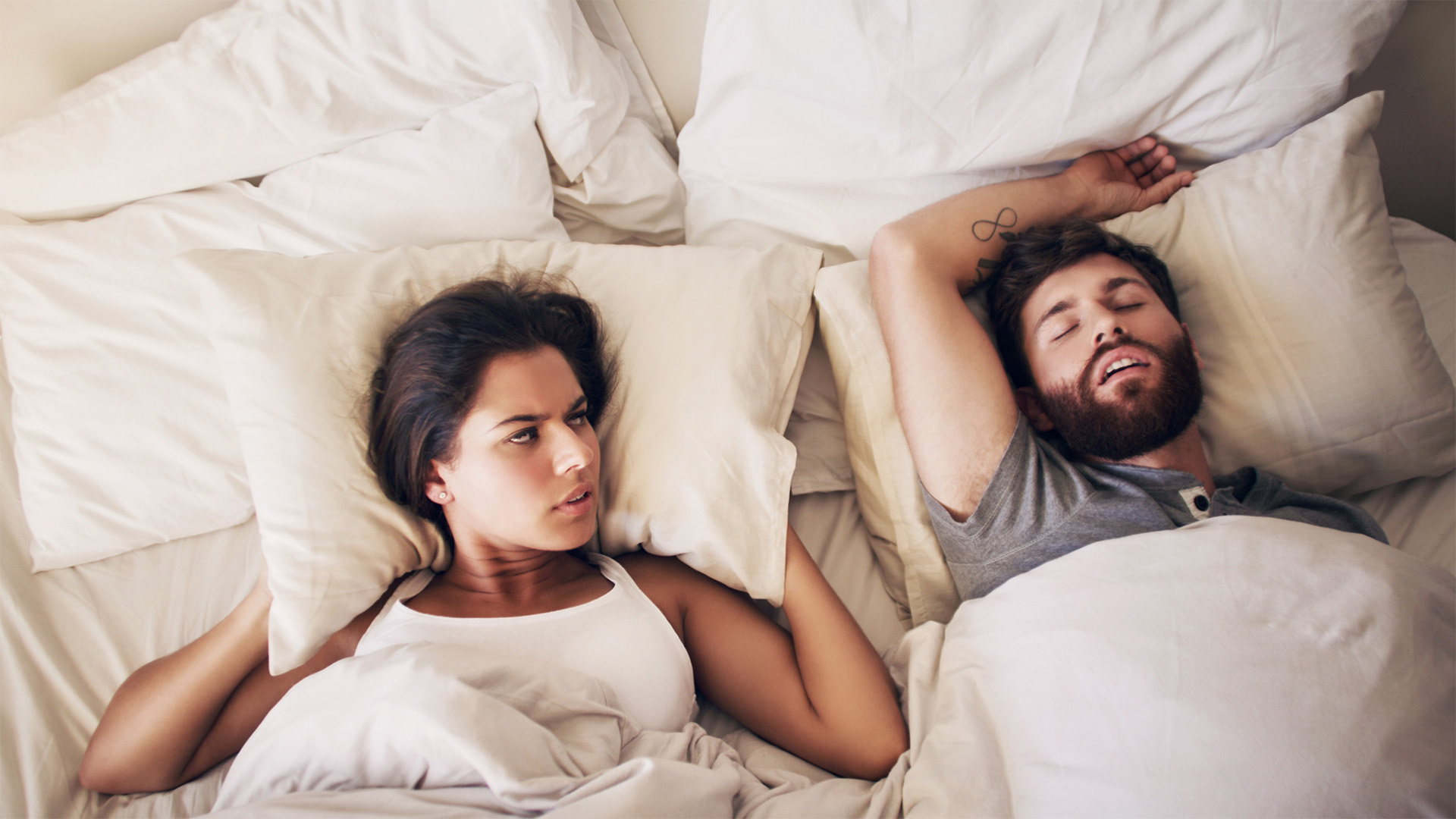Table of Contents
Intro
Returning to routine in the Algarve often means more walking, more social contact and a steadier weekly rhythm. For many older adults, this is also when subtle balance worries appear. People describe near-misses on tiled terraces, hesitations on steps, or struggling to keep up with conversations in lively cafés and then feeling unsteady as they stand. These are not separate problems. A growing body of evidence shows a consistent link between hearing loss and an increased risk of falls. This article explains what that link means, why it happens and what you can do next. The goal is not to alarm, but to equip you with clear, science-based guidance.
Understanding the evidence
Several large population studies and systematic reviews report that older adults with hearing loss have higher odds of falling than those with normal hearing. The size of the effect varies by study design and how hearing and falls are measured, but the direction is remarkably consistent. Importantly, this association remains even after accounting for age and other health factors in many analyses. More recent work has explored whether supporting hearing can reduce falls. Observational studies suggest that people who use hearing aids consistently may experience fewer falls than non-users with similar hearing profiles, and emerging interventional research points in the same direction. Not every study agrees and methods differ, but the overall signal is now strong enough that hearing is included in many falls risk conversations across audiology and geriatric care.
Why hearing loss can increase fall risk
Hearing supports balance in more ways than one. Four mechanisms are particularly relevant in daily life.
Reduced auditory awareness of the environment
The sounds around us carry location and movement information. Footsteps approaching from behind, a bicycle bell on the promenade, a kettle beginning to boil. When hearing is reduced, the brain receives fewer or less precise cues about what is happening in space. That can make it harder to anticipate movement and adjust posture in time.
Greater cognitive load
Listening with hearing loss is effortful, especially in noise. The brain diverts attention and working memory to decode speech, leaving fewer resources available for posture control and hazard monitoring. This “shared resource” model helps explain why some people feel more off balance in busy cafés or family gatherings. The problem is not only the ear. It is the multitasking demanded of the brain.
Shared inner ear and vestibular issues
The inner ear houses both the cochlea for hearing and the vestibular organs for balance. Conditions that affect one part can sometimes affect the other. People with certain inner ear disorders may experience combinations of hearing changes, dizziness or imbalance. Even when balance tests are normal, subtle vestibular contributions might still play a role, particularly as we age.
Cautious movement and deconditioning
Straining to hear can change how people move. Turning the head quickly to catch a voice, hesitating on steps while trying to follow conversation, or avoiding activity because noisy venues feel exhausting can all lead to stiffer, less confident movement over time. Reduced activity then feeds back into weaker balance and slower reactions.
Recognising real-world risk in the Algarve
The Algarve setting brings its own mix of fall hazards and hearing demands. Calçada and uneven cobbles require careful foot placement. Bright, reflective floors and tiled terraces can become slippery after sea mist or a quick shower. Coastal wind and lively restaurants raise background noise so conversations are harder to follow. Visitors and returning expats may be jet-lagged and mildly dehydrated after travel, which can worsen light-headedness. Put together, these factors explain why someone who feels stable at home might still experience a stumble at the market or a near-fall on steps to the beach.
Consider a professional hearing and balance review if you notice any of the following:
• Regular difficulty following speech in background noise, especially if you also feel less steady in those settings.
• Near-misses or stumbles when turning quickly toward a speaker or when trying to listen and walk at the same time.
• New or worsening muffled hearing, fullness in the ear, or persistent ringing that coincides with feeling unsteady.
• A recent fall without a clear trip or slip, or a growing fear of falling that has led you to cut back activity.
A measured approach to reducing risk
Falls are usually the result of several small factors combining, so small improvements across several areas work best.
Support hearing first
If hearing loss is present, addressing it can reduce listening effort and free up attention for balance and navigation. For some, this means trying hearing aids with settings optimised for speech in noise. For others it may be as simple as removing a wax blockage or treating a middle ear problem. Evidence linking consistent hearing aid use with fewer falls is encouraging and continues to grow, although not all studies agree. What matters most is achieving a comfortable, regular listening setup that fits your life.
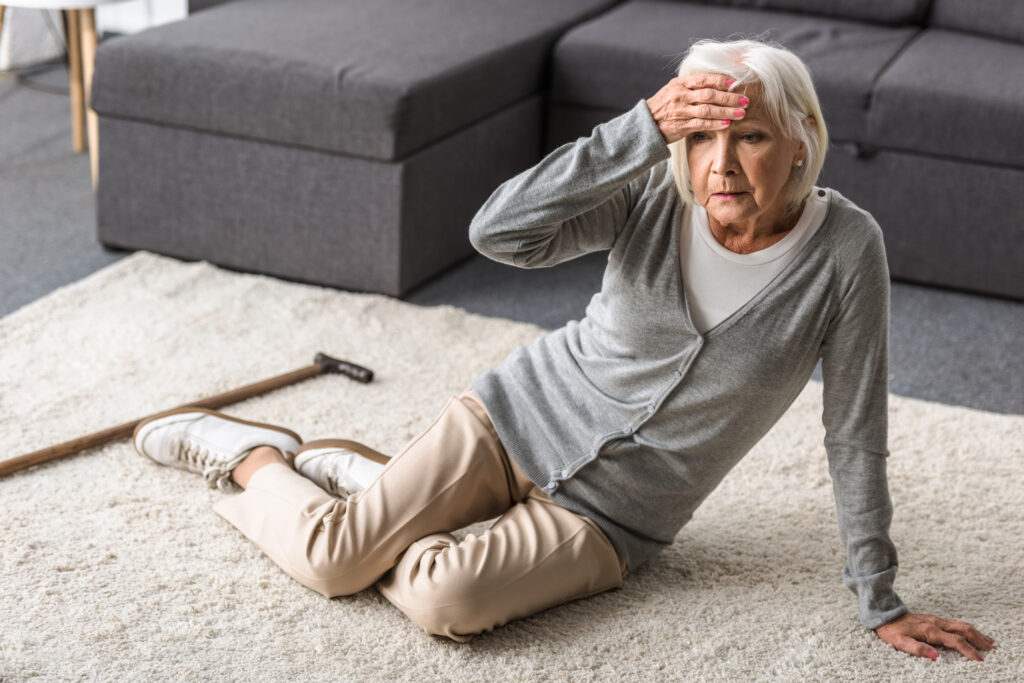
Tidy the soundscape
Choose seating in cafés and restaurants that places your better-hearing ear toward your main companion and reduces competing noise. At home, lower TV volume and add subtitles when needed. In the car, keep the cabin as quiet as practical so conversation does not require head turns or raised voices.
Move with attention
Balance improves when we move a little and often. Short, regular walks on even paths help. When sound levels are high or conversation is demanding, consider pausing before taking stairs or stepping off kerbs rather than pushing on while distracted. Simple strength and balance exercises recommended for older adults complement hearing care by improving reaction time and stability.
Plan for common triggers
Travel, fatigue and dehydration can make both hearing effort and balance worse. Keep hydrated in warm weather, rest well after flights and avoid rushing on arrival days. If ear pressure is an issue when flying, equalisation techniques and timing medication advice from your pharmacist or GP can help reduce post-flight muffling that might otherwise unsettle you.
What an Audiocare assessment involves
An appointment is calm and structured. We start by understanding your symptoms, your listening environments and any recent falls or near-misses. We examine the ear canal and eardrum, and if needed perform hearing tests that map thresholds across frequencies and assess how you cope with speech in quiet and in noise. Middle ear function can be checked to see how well pressure is equalised. Where balance symptoms are present, we take a targeted history to identify red flags and coordinate vestibular or medical assessment if indicated. For those who use hearing aids, we verify the fitting and explore features that can reduce listening effort in noise. The outcome is a clear plan that may include hearing support, communication strategies and, where appropriate, referral for falls exercise programmes through your GP or local services.
When to seek urgent help
If you experience sudden hearing loss on one side, new severe spinning dizziness, or hearing loss with facial weakness, seek urgent medical assessment. Severe ear pain, discharge with fever or any head injury with confusion also requires prompt care. For non-urgent but persistent problems, early evaluation still matters. The earlier we disentangle hearing effort, ear health and balance, the sooner you can return to steady, confident movement.
Conclusion
Hearing loss and falls share more than a passing link. They form a practical connection in daily life, where effortful listening reduces the attention available for safe movement and where the inner ear’s hearing and balance systems often travel together. The Algarve is a wonderful place to stay active. With small adjustments and the right hearing support, you can enjoy its cafés, markets and coastal walks with greater confidence.
Call to action: If recent stumbles or near-falls coincide with difficulty hearing, book a professional hearing check with Audiocare. A clear assessment and a few targeted changes can make a meaningful difference.
Scientific References
Hearing loss and falls among older adults in the United States. Archives of Internal Medicine. 2012. PMC
Hearing loss and falls: systematic review and meta-analysis. The Laryngoscope. 2016. PubMed+1
Hearing loss and falls: updated systematic review and meta-analysis. 2025. PMC
Impact of hearing aid use on falls and falls-related injury. 2022. PMC
Consistent hearing aid use and lower fall risk in older adults. 2023. PMC
NHS. Falls: have your ears and hearing checked because ear problems can affect balance. nhs.uk
NHS Inform. Prevent falls by looking after your vision and hearing. NHS inform
NIDCD. Balance disorders overview. nidcd.nih.gov
BMC Public Health. Ten-year association between speech-in-noise recognition and later falls. 2024. BioMed Central
The Lancet Public Health. Effects of hearing intervention on falls in older adults. 2025. thelancet.com


